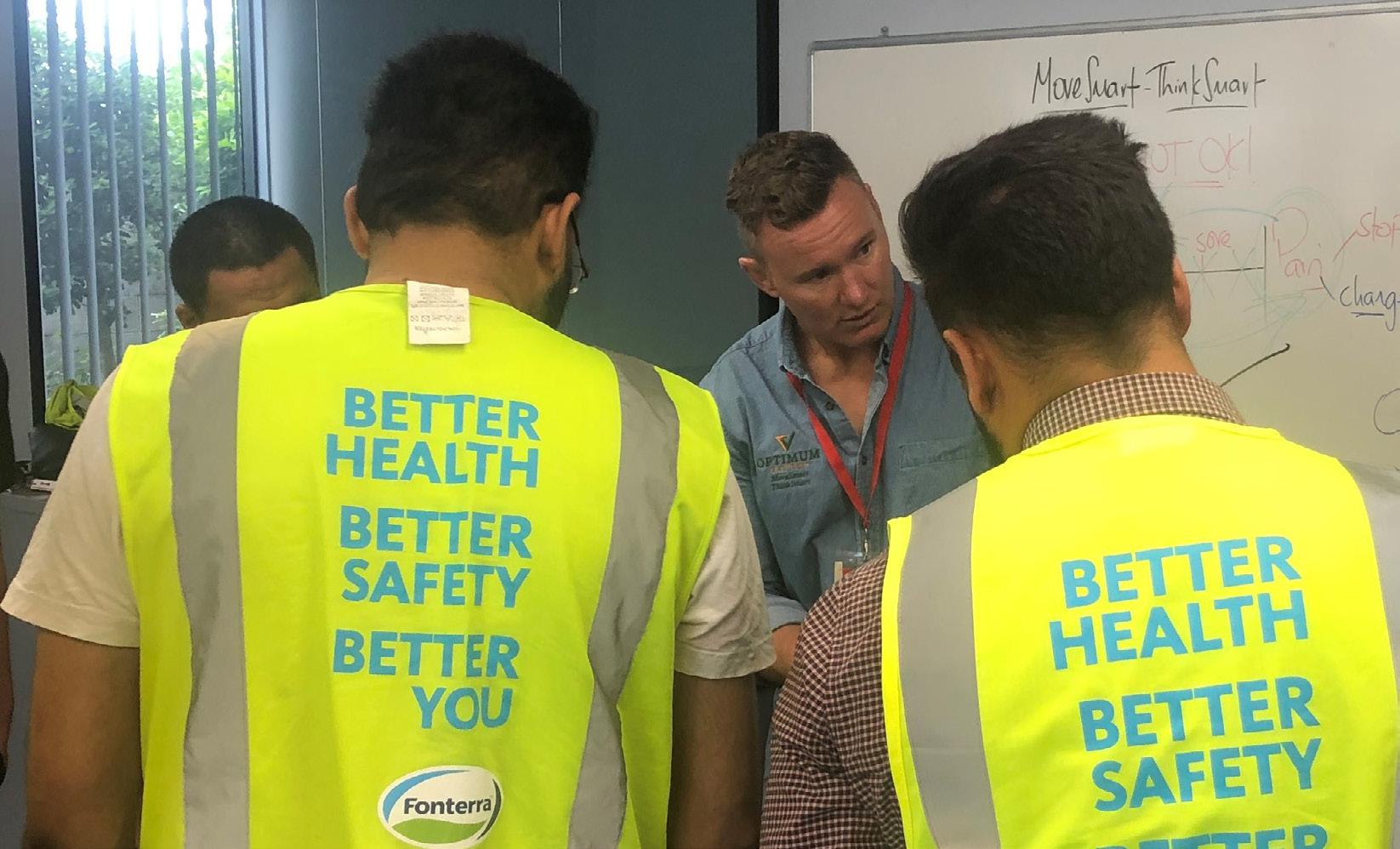
3 minute read
Responsible Care offers chemical safety advice
april - may 2021 No better investment than chemical safety training
A second major chemical incident in the same facility is yet another reminder that safe chemical management is not receiving the attention it deserves
Advertisement
Chemical suppliers and their customers continue to adjust to a Covid operational environment, struggling with inflexible, prescriptive regulation, rising compliance costs, diminishing resources and increasing public safety expectations.
The ill-founded decision to replace the mandatory HSNO Approved Handlers with the general employer responsibility provisions of the 2015 Health and Safety at Work Act, is reflected in a growing number of significant workplace chemical incidents across the country, threatening people and our environment.
Departing industry veterans with years of expertise and an ability to mentor new staff are warnings of a declining national capability. Combine this with increasing community concerns about their vulnerability to chemical exposure and damage to our fragile environment,.
Chemical suppliers striving to cope with regulatory and operational challenges, ranging from Covid-19 disruptions, supply chain delays, the loss of experienced staff and frustration with unanswered queries to increasingly risk-averse officials, are understandably concerned.
Ensuring staff are competent to safely manage the harmful chemicals essential to everyday life and now often present in increasing stockpiles, is an increasingly risky business.
A crucial factor is the loss of onsite chemical safety advice, due to replacing flawed but effective mandatory Approved Handler training with whatever employers now deem sufficient.
The pragmatic, onsite Responsible Care NZ (RCNZ) Competent Chemical Handler certification is tailored to reflect chemical inventory and delivers results.
It enables employers to meet and exceed their regulatory responsibility to ensure employees can not only safely handle chemicals, but also provide useful chemical safety advice,
Practical, onsite advice
from competent chemical workers assumes even greater importance as the latest changes to our GHS chemical management system apply this month.
RCNZ-trained Competent Chemical Handlers are increasingly in demand, commonly resulting from a site visit to assess chemical management performance throughout the product life cycle where feasible.
Knowledgeable staff help avoid expensive and confusing compliance advice, often leading the effective response to chemical incidents, without requiring emergency services.
Chemical incidents now guarantee media attention, especially highlighting the number of persons adversely affected by unwanted exposure to chemicals.
Incomplete or sensationalised media reporting can irretrievably damage reputations with customers and suppliers, particularly if employers have not taken all practicable steps to safely manage their chemical inventory and operations.
Incidentally, it has long been a mystery why a significant industrial issue triggers three separate investigations (company, emergency services and WorkSafe NZ), when one, energetic, multi-talented team could comprehensively investigate and report
their findings, which are then discussed with stakeholders and promulgated to learn from the event.
When chemicals cause problems, employees, customers, WorkSafe NZ Inspectors, health protection officers and FENZ all benefit from the expertise and product information available 24/7 from 0800 CHEMCALL®, our industry’s unique chemical emergency advisory service.
Supported by thousands of safety data sheets and site emergency plans, thanks to the collective expertise and local knowledge of our CHEMCALL® responders, their access to a company’s compliant site emergency plan can save time, disruption and even lives.
For non-compliant suppliers who are attracting attention from enforcement agencies, practical onsite advice helps lessen the load on a diminishing number of Compliance Certifiers, while helping to ensure site chemical safety measures remain effective.
Further changes to our GHS chemical regime apply from 30 April 2021 and non-compliance will prove increasingly costly.
To facilitate your transition, RCNZ updated industry codes of practice and GHS workplace educational material will be available shortly.
Now is the time to schedule your RCNZ competent chemical handler course, conveniently delivered on your site, to upskill the last of your HSNO Approved Handlers (which impacts every business), accommodate Certified Handler requirements and successfully implement the GHS update.
Competent Chemical Handlers are in demand

Barry Dyer Chief Executive Responsible Care NZ










